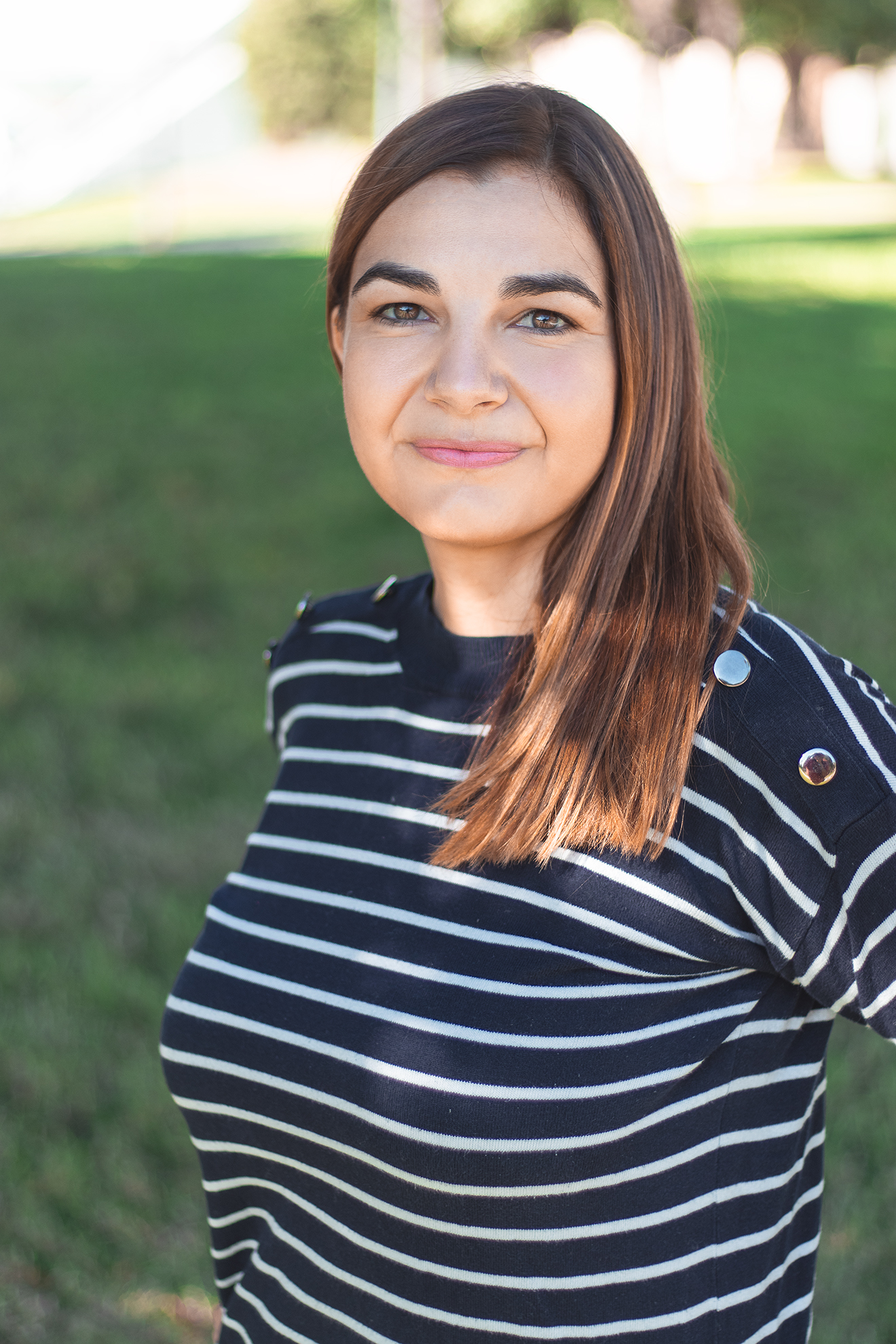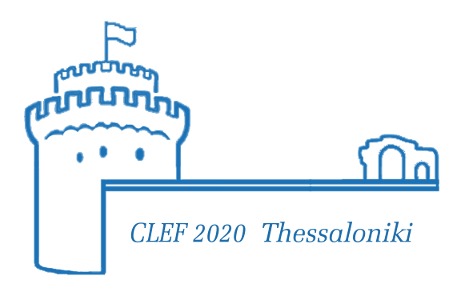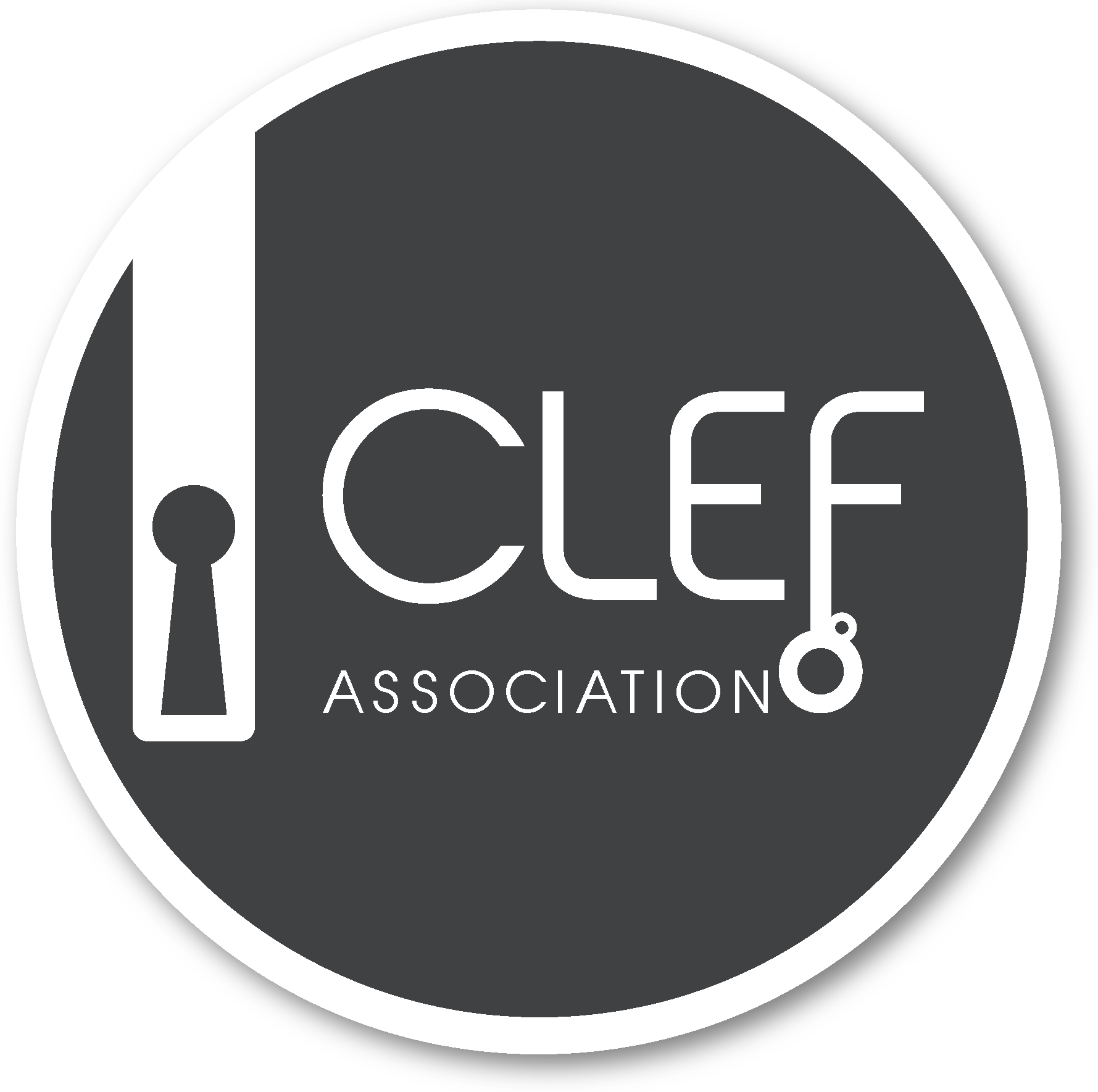| September 24 |
| 11:00-12:30 |
Keynote Session, Chair: Paolo Rosso [zoom] |
|
Misinformation Detection in Online Social Networks
Anastasia Giachanou |
|
Presentation and Award Ceremony
Symanto |
| 15:00-16:30 |
Plenary Session: Lab Overview [zoom] |
|
Overview of PAN 2020: Authorship Verification, Celebrity Profiling, Profiling Fake News Spreaders on Twitter, and Style Change Detection
Janek Bevendorff, Bilal Ghanem, Anastasia Giachanou, Mike Kestemont, Enrique Manjavacas, Ilia Markov, Maximilian Mayerl, Martin Potthast, Francisco Rangel, Paolo Rosso, Günther Specht, Efstathios Stamatatos, Benno Stein, Matti Wiegmann, and Eva Zangerle
|
| 17:00-18:30 |
Lab Session: Profiling Fake News Spreaders on Twitter, Chair: Francisco Rangel [zoom] |
|
Overview of the Profiling Fake News Spreaders on Twitter Task at PAN 2020
Francisco Rangel, Bilal Ghanem, Anastasia Giachanou, Paolo Rosso |
|
An Ensemble Model Using N-grams and Statistical Features to Identify Fake News Spreaders on Twitter
Jakab Buda and Flora Bolonyai |
|
Detecting Fake News Spreaders in Social Networks via Linguistic and Personality Features
Anu Shrestha, Francesca Spezzano and Abishai Joy |
|
Proling Fake News Spreaders: Stylometry, Personality, Emotions and Embeddings.
Elisabetta Fersini, Justin Armanini and Michael D'Intorni |
|
Analyzing User Profiles for Detection of Fake News Spreaders on Twitter
María S. Espinosa, Roberto Centeno and Álvaro Rodrigo |
| September 25 |
| 09:00-10:30 |
Lab Session: Authorship Verification, Chair: Mike Kestemont [zoom] |
|
Overview of the Authorship Verification Task at PAN 2020
Mike Kestemont, Enrique Manjavacas, Ilia Markov, Janek Bevendorff, Matti Wiegmann, Efstathios Stamatatos, Martin Potthast, and Benno Stein |
|
Deep Bayes Factor Scoring for Authorship Verification
Benedikt Boenninghoff, Julian Rupp, Robert M. Nickel, and Dorothea Kolossa |
|
Feature Vector Difference based Neural Network and Logistic Regression Models for Authorship Verification
Janith Weerasinghe and Rachel Greenstadt |
|
Siamese Network applied to Authorship Verification
Emir Araujo-Pino, Helena Gómez-Adorno, and Gibran Fuentes-Pineda |
| 15:00-16:30 |
Lab Session: Celebrity Profiling and Style Change Detection , Chairs: Matti Wiegmann and Eva Zangerle [zoom] |
|
Overview of the Celebrity Profiling Task at PAN 2020
Matti Wiegmann, Benno Stein, and Martin Potthast |
|
Celebrity Profiling using Twitter Follower Feeds
Abigail Hodge and Samantha Price |
|
Know your Neighbors: Efficient Author Profiling via Follower Tweets
Boshko Koloski, Senja Pollak and Blaž Škrlj |
|
Overview of the Style Change Detection Task at PAN 2020
Eva Zangerle, Maximilian Mayerl, Günther Specht, Benno Stein, and Martin Potthast |
|
Style Change Detection Using BERT
Aarish Iyer and Soroush Vosoughi |
| 17:00-18:30 |
Lab Session: Profiling Fake News Spreaders on Twitter, Chair: Francisco Rangel [zoom] |
|
RMIT at PAN-CLEF 2020: Profiling Fake News Spreaders on Twitter
Xinhuan Duan, Elham Naghizade, Damiano Spina and Xiuzhen Zhang |
|
Detecting Fake News Spreaders on Twitter Using Universal Sentence Encoder
Soumayan Bandhu Majumder and Dipankar Das |
|
Multilingual Detection of Fake News Spreaders via Sparse Matrix Factorization
Boshko Koloski, Senja Pollak and Blaž Škrlj |
|
Fake News Spreaders Profiling Through Behavioural Analysis
Matteo Cardaioli, Stefano Cecconello, Mauro Conti, Luca Pajola and Federico Turrin |
|
Using N-grams to detect Fake News Spreaders on Twitter
Juan Pizarro |










